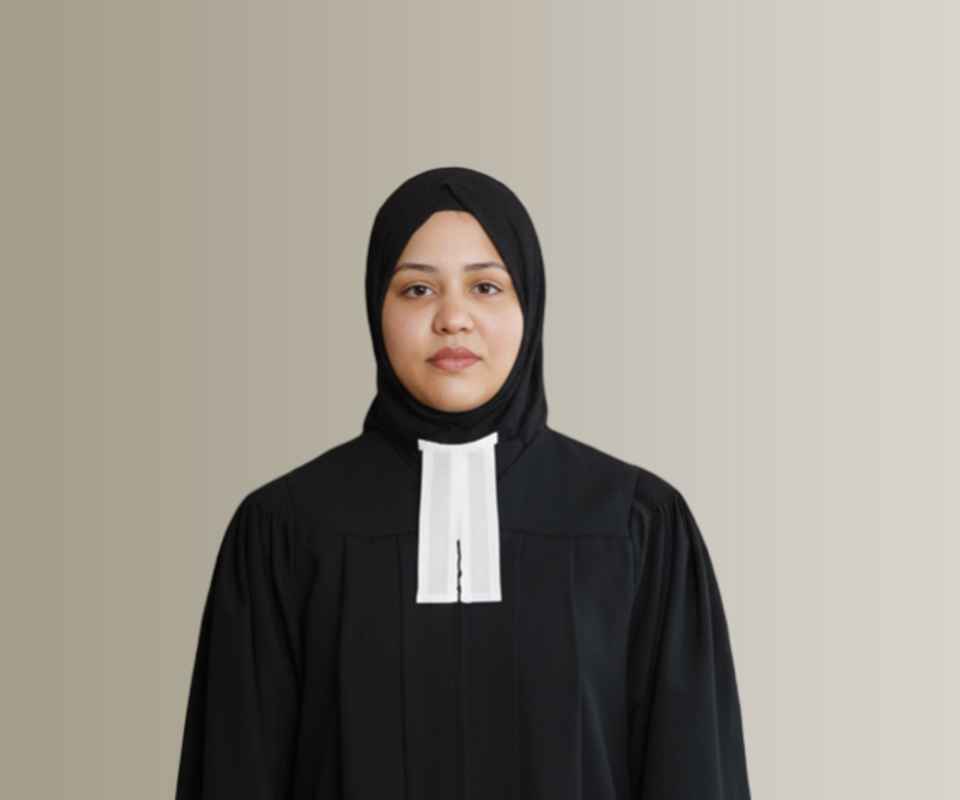Answer By law4u team
In custody disputes, a parent’s conversion to a different religion can sometimes be a point of contention, especially if it affects the child’s upbringing or the parents’ relationship. While courts generally respect a parent’s right to practice their religion, they must also ensure that the child’s best interests are prioritized in such situations.
How Courts Handle Religious Conversion in Custody Cases:
Best Interests of the Child:
The core principle in any custody case is the child’s best interests. Courts assess whether a parent’s conversion to another religion will significantly affect the child’s emotional, psychological, or social well-being, and whether the child may experience confusion or conflict due to the change.
Parental Conflict and Stability:
A parent’s conversion might lead to conflict between the parents, particularly if religious differences are a source of tension. Courts consider whether the conversion disrupts the child’s stable environment or creates unnecessary stress due to parental conflict.
Impact on Child’s Upbringing:
If a parent’s religious conversion alters the way they raise the child—such as changes in religious practices, schooling, or lifestyle—the court may consider the impact of these changes. The court’s focus is whether the child’s well-being will be negatively affected by such shifts.
Religious Rights and Freedom:
Courts generally respect a parent’s right to religious freedom. A parent is free to convert to another religion and practice it, but the court will also ensure that the conversion does not result in forcing the child to participate in practices that might create emotional distress or conflict.
Parental Rights and Child’s Needs:
The court also looks at whether one parent is attempting to impose their new religious beliefs on the child, particularly in a way that disrupts the child’s relationship with the other parent or confuses the child. The child’s right to grow up in an environment where they feel loved, supported, and emotionally safe is paramount.
Age and Maturity of the Child:
In some cases, if the child is old enough to express an opinion, the court may consider the child’s preferences regarding the parent’s new religion and whether the child feels comfortable or conflicted about the changes.
Legal Actions and Recommendations:
Mediation:
Courts may recommend mediation to help parents with different religious views reach a compromise, ensuring that the child’s emotional needs and religious freedoms are both respected.
Parenting Plans:
In some cases, courts may include specific provisions in the parenting plan to address religious practices, ensuring that both parents have an opportunity to introduce their beliefs to the child in a balanced and non-coercive way.
Example:
A mother converts to Islam after the divorce and wants her children, who were raised Christian, to participate in Islamic religious practices. The father objects, claiming that the children’s religious upbringing should remain consistent with what they were raised with. The court evaluates the situation, considering the children’s age, emotional needs, and how the parents’ religious differences affect the children’s well-being. The court may order that both parents respect the children’s right to exposure to each religion but prevent one parent from imposing their new beliefs in a way that creates confusion or stress.







